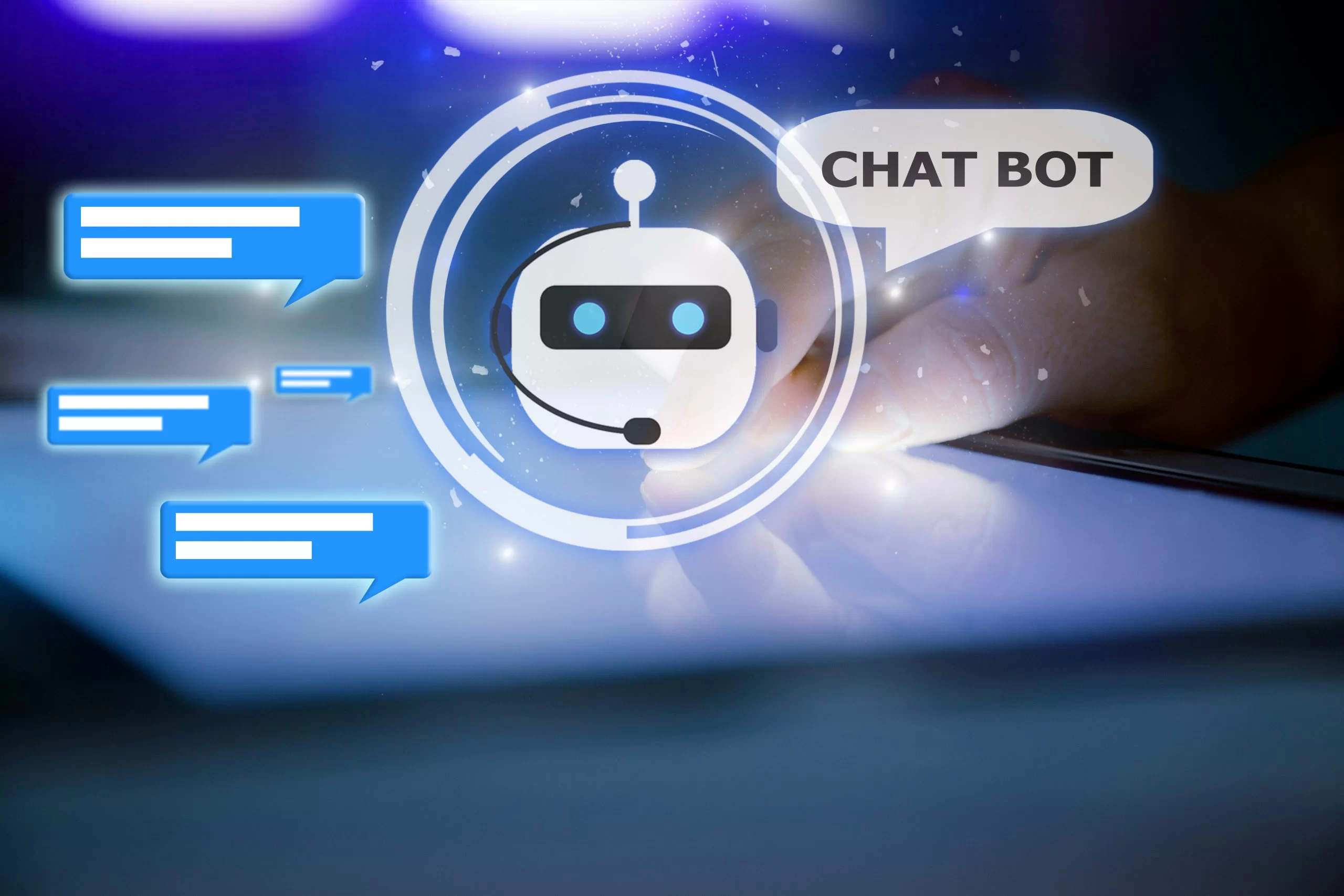Artificial Intelligence (AI) chatbots have become an integral part of our digital interactions, transforming the way we communicate online. As these technologies evolve, they continue to offer increasingly sophisticated and diverse functionalities. This article explores the current state of AI chatbots in 2024, providing insights into their capabilities, leading platforms, and future prospects.An AI chatbot is a software application designed to simulate human conversation through text or voice interactions. These chatbots leverage natural language processing (NLP) and machine learning to understand and respond to user queries. They are used across various sectors, including customer service, education, healthcare, and entertainment.
Artificial Intelligence (AI) chatbots have emerged as a significant technological advancement, reshaping how we interact with businesses and information online. These sophisticated computer programs, designed to simulate human conversation, have become increasingly prevalent across various industries, streamlining customer service, enhancing user experiences, and even powering creative endeavors.
AI chatbots are software applications that leverage natural language processing (NLP) and machine learning (ML) algorithms to understand and respond to user queriesin a conversational manner. They can be integrated into websites, messaging platforms, and mobile applications, providing instant and personalized assistance to users.
Leading AI Chatbots in 2024
ChatGPT
ChatGPT, developed by OpenAI, remains one of the most popular AI chatbots. Utilizing the advanced GPT-3.5 and GPT-4 models, ChatGPT excels in generating coherent and contextually relevant text. It can handle a wide range of tasks, from answering simple questions to composing essays and solving mathematical problems. Despite its occasional limitations, such as lack of real-time internet access and a knowledge cutoff in January 2022, ChatGPT’s conversational abilities and user-friendly interface make it a go-to option for many users.
Google Gemini
Formerly known as Bard, Google Gemini is another significant player in the AI chatbot market. Launched in early 2023, Gemini has undergone several upgrades and now runs on the advanced Gemini Pro language model. It offers robust performance in coding and language tasks and is integrated with Google services, enhancing its utility. Gemini is available for free and is expected to introduce a new premium version, Gemini Advanced, soon.
Claude by Anthropic
Claude, developed by the AI research company Anthropic, is known for its impressive document analysis capabilities. It supports large inputs and provides detailed summaries and clarifications. Claude employs “constitutional AI” to ensure ethical and safe interactions, making it suitable for enterprise applications. The chatbot is available in multiple versions, including a lightweight version called Claude Instant and a more powerful Claude Advanced.
Emerging Trends in AI Chatbots
Customization and Personalization
One of the notable trends in 2024 is the increasing emphasis on customization. OpenAI’s ChatGPT now allows users to create personalized chatbots, known as GPTs, which respond based on specific instructions and knowledge provided by the user. This feature is currently available to ChatGPT Plus subscribers and offers a new level of interaction tailored to individual needs.
Integration with Other Technologies
AI chatbots are also becoming more integrated with other technologies. For example, ChatGPT integrates with DALL-E for image generation, expanding its functionality beyond text. Similarly, Microsoft’s Bing AI combines search capabilities with AI-driven responses, making it a versatile tool for users.
Challenges and Ethical Considerations
While AI chatbots offer numerous benefits, they also present challenges. Issues such as data privacy, security, and the potential for misuse remain concerns. Ethical considerations are paramount, particularly in ensuring that chatbots do not perpetuate biases or provide harmful content. Developers are increasingly focusing on building ethical frameworks, such as Anthropic’s constitutional AI, to address these issues.
AI chatbots have significantly evolved, offering more sophisticated and diverse functionalities. Leading platforms like ChatGPT, Google Gemini, and Claude are at the forefront of this evolution, each bringing unique strengths to the table. As technology advances, we can expect further innovations and integrations, enhancing the capabilities and applications of AI chatbots in various fields.
How AI Chatbots Work
At their core, AI chatbots employ NLP techniques to analyze user input, identify intent, and generate relevant responses. They continuously learn and improve through ML, adapting to different conversational styles and expanding their knowledge base. Some advanced chatbots even utilize sentiment analysis to gauge user emotions and tailor responses accordingly.
Applications Across Industries
- Customer Service: AI chatbots have revolutionized customer service by providing round-the-clock support, handling routine inquiries, and freeing up human agents to focus on complex issues. This has resulted in improved response times and increased customer satisfaction.
- E-commerce: Online retailers are employing chatbots to assist shoppers with product recommendations, order tracking, and returns, enhancing the overall shopping experience and boosting sales.
- Healthcare: Chatbots are being used to schedule appointments, provide basic medical advice, and even offer mental health support, improving access to care and reducing the burden on healthcare professionals.
- Education: In the educational sector, chatbots serve as virtual tutors, helping students with assignments, answering questions, and providing personalized learning experiences.
- Creative Industries: AI chatbots are making their mark in creative fields, generating content, writing code, and even composing music, pushing the boundaries of what’s possible with AI.
The Future of AI Chatbots
As AI technology continues to advance, we can expect chatbots to become even more sophisticated and integrated into our daily lives. They may soon play a role in tasks such as language translation, personal finance management, and even companionship for the elderly.
Challenges and Considerations
While the potential of AI chatbots is vast, there are also challenges to address. Ensuring data privacy and security is crucial, as chatbots often handle sensitive user information. Additionally, striking the right balance between automation and human interaction is essential to provide a seamless and empathetic user experience.
AI chatbots are transforming the way we communicate and do business, offering convenience, efficiency, and new possibilities across various industries. As technology evolves, it is crucial to harness the potential of chatbots responsibly, addressing ethical considerations and ensuring that they augment rather than replace human interaction.






